Peter Yeats explains how to achieve perfect accuracy with your PCP multi-shot air rifle - perfect pellets, single trays and smooth transfer all matter!
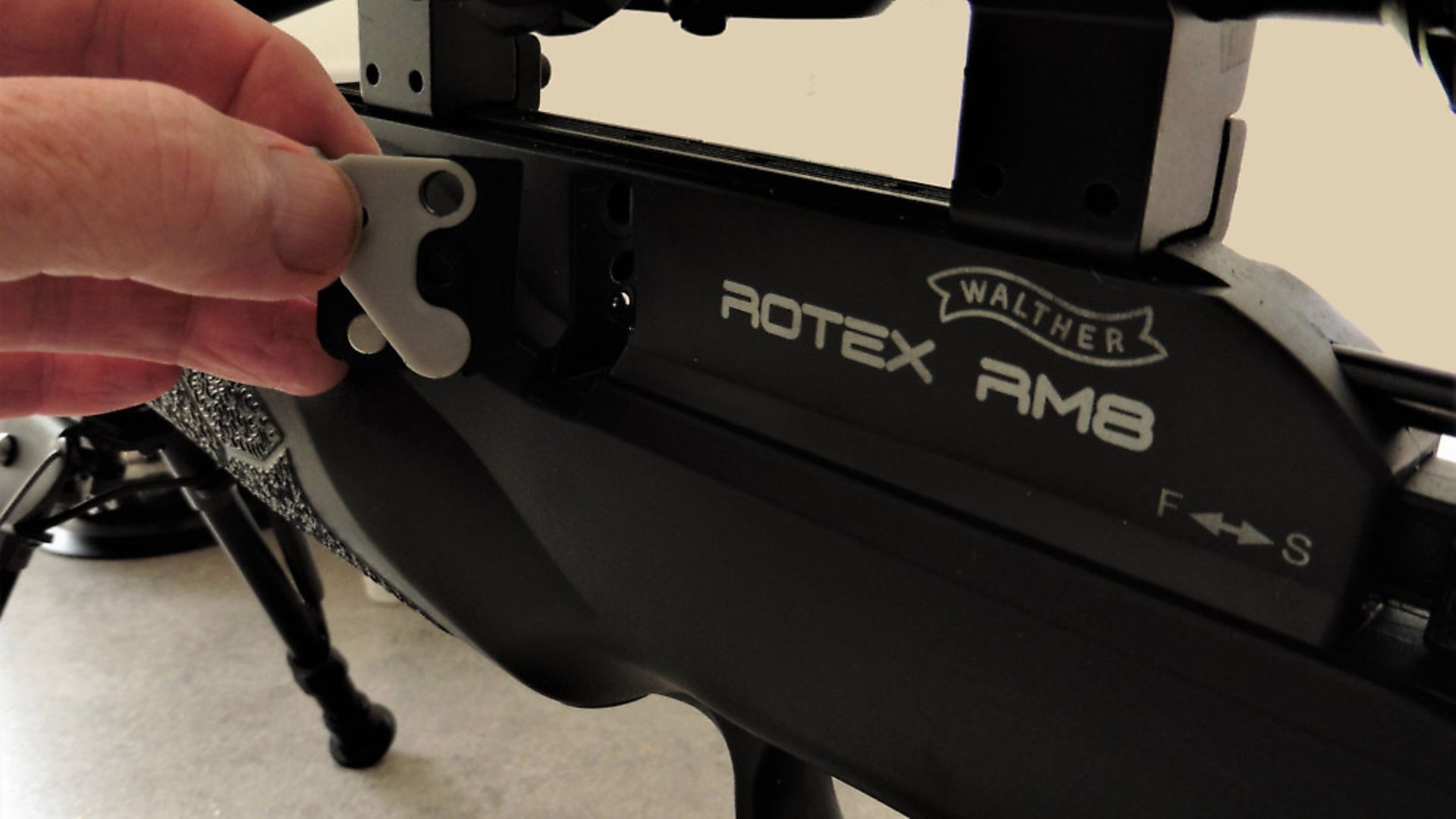
credit: ArchantSo, you’ve got your shiny, new, multi-shot PCP – brilliant! From now on, all you’ll need to do for that easy accuracy is to load up the mag’, take aim through the scope and shoot, right? Well, yes ... and no.
Straight out of the box, once the scope is fitted and zeroed, you’re ready to go. The trigger might need a little tweak or two to get just right, and you might need to try a few different pellets to identify which ones really suit your gun’s barrel. Of course, the barrel will need to lead-in, but essentially you’re set up for amazing accuracy, and after a springer, it seems so easy. This wonderful experience is often true; it is the usual new PCP experience. The joy of apparently effortless and repeatable accuracy can be quite intoxicating, overwhelming, even. However, after a while, you might notice that those incredible groups aren’t quite what they were. How can this be? You’re using the same gun, charging the reservoir to the same pressures, using exactly the same pellets – everything – it’s all the same, but groups seem to be opening up, and you’re noticing some irritating flyers that are spoiling otherwise perfect groups. You know that it’s not you; you’re taking every shot in exactly the same way – so?
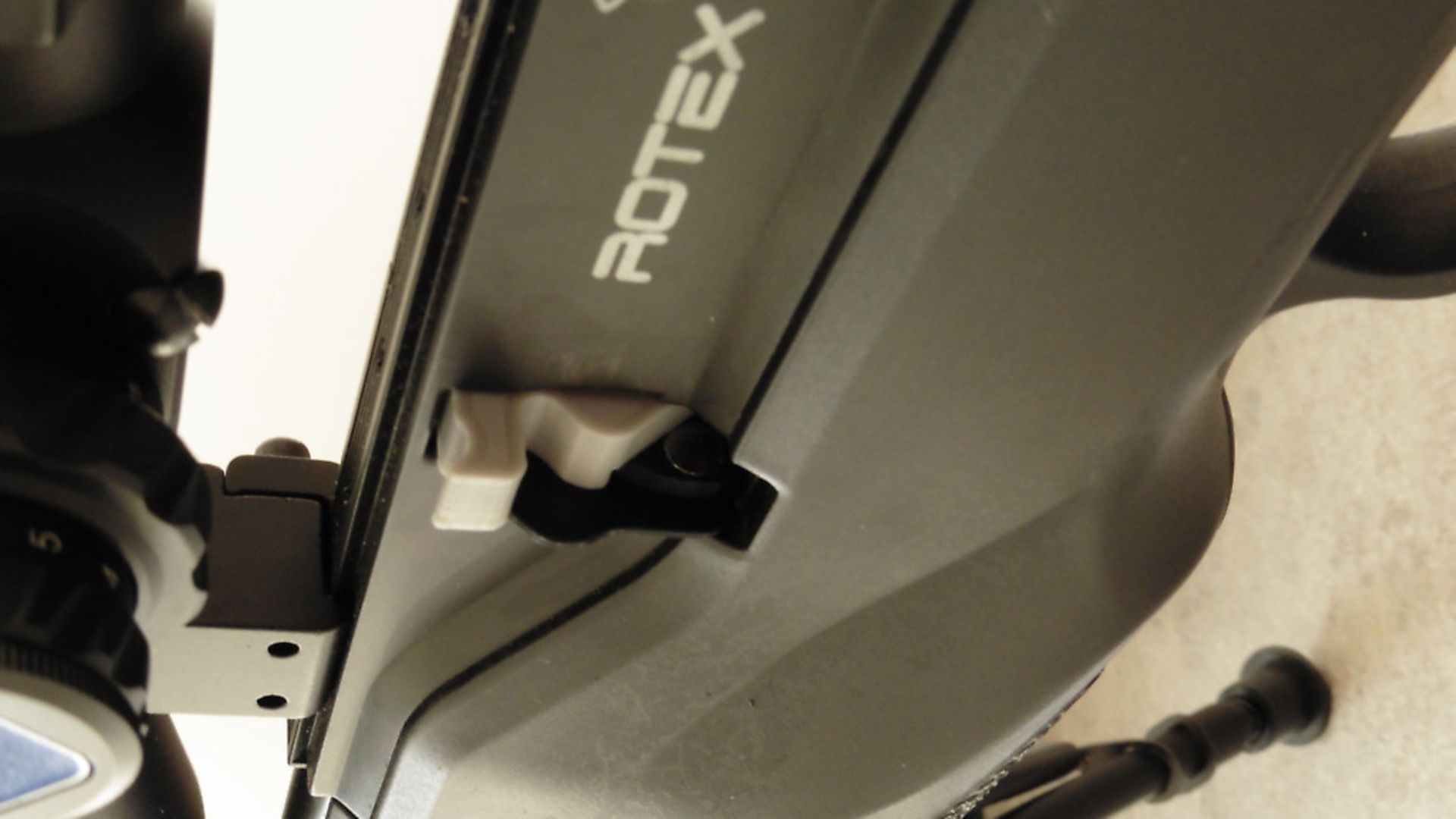
credit: ArchantIMPERFECT ALIGNMENT
The next time you’re at your local range, note how many of the crack shots are loading single pellets into their expensive multi-shot air rifles. Quite a few? Are they also shooting the best groups – smaller, tighter, consistent? Coincidence? Er, no. As time goes on, the perfect fit of the pristine magazine changes. It could be caused by wear in the mechanism or even a little dirt; either way, the result is imperfect alignment of the magazine with your air rifle’s barrel. Even the rubber holding the pellet in place could prevent smooth transfer to your barrel, resulting in pellet damage that impacts on flight and accuracy. Perhaps a little lubrication is enough to smooth the action and return alignment to normal. Is the action of cycling the bolt as smooth as it used to be? Does it stiffen at certain points, requiring a firm push to load the pellet? If so, something in the mechanism could be working less smoothly and contributing to pellet misalignment. This will almost certainly lead to pellet damage and ‘flyers’.
Like every other mechanical device, care and maintenance keeps magazines running smoothly, but devices wear out – hence the availability of replacement parts. The enemy of multi-shot accuracy is misalignment between the magazine and the barrel, so any tiny dent or groove, maybe a scratch in the head or a deformed pellet skirt, perhaps caused by the loading probe on a misaligned pellet, and that pellet will not fly exactly like the others.
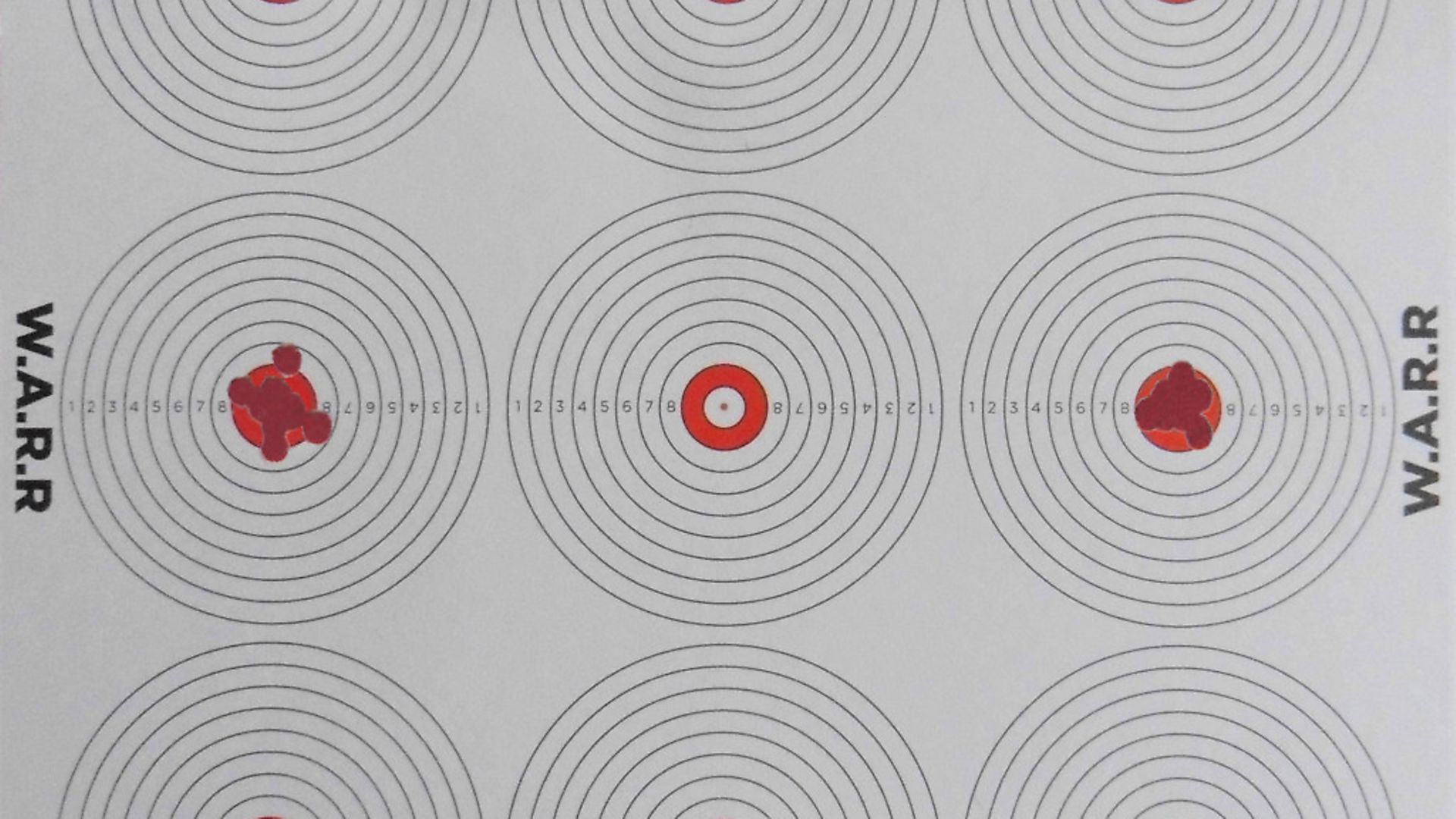
credit: ArchantDIAGNOSE THE PROBLEM
To find out if that’s the problem, select a batch of perfectly formed and clean, identical pellets. Using your full magazine, make sure that you check all ports. The next task is to remove the pellet from the barrel to examine it for damage. I prefer to de-cock the gun, then use a wad in front of a cleaning rod to push the pellet out of the breech. Fortunately, with care, I can load and unload my RM8 without cocking, so this check can be done safely. If the pellet has to be fired, fire down into something that will catch the pellet without deforming it, like a large box full of rags/fabric, or down into a large, full water butt. Of course, this might mask skirt damage and examination is best with unfired pellets carefully removed from the barrel. Any damage evidently caused by the loading process will affect flight and accuracy.
Problems could spring from wear and tear on the whole mag’, or a problem with just one chamber. It might also be caused by the indexing mechanism, or a small piece of grit or lead trapped in cog teeth, the latter being easily sorted by a careful clean.
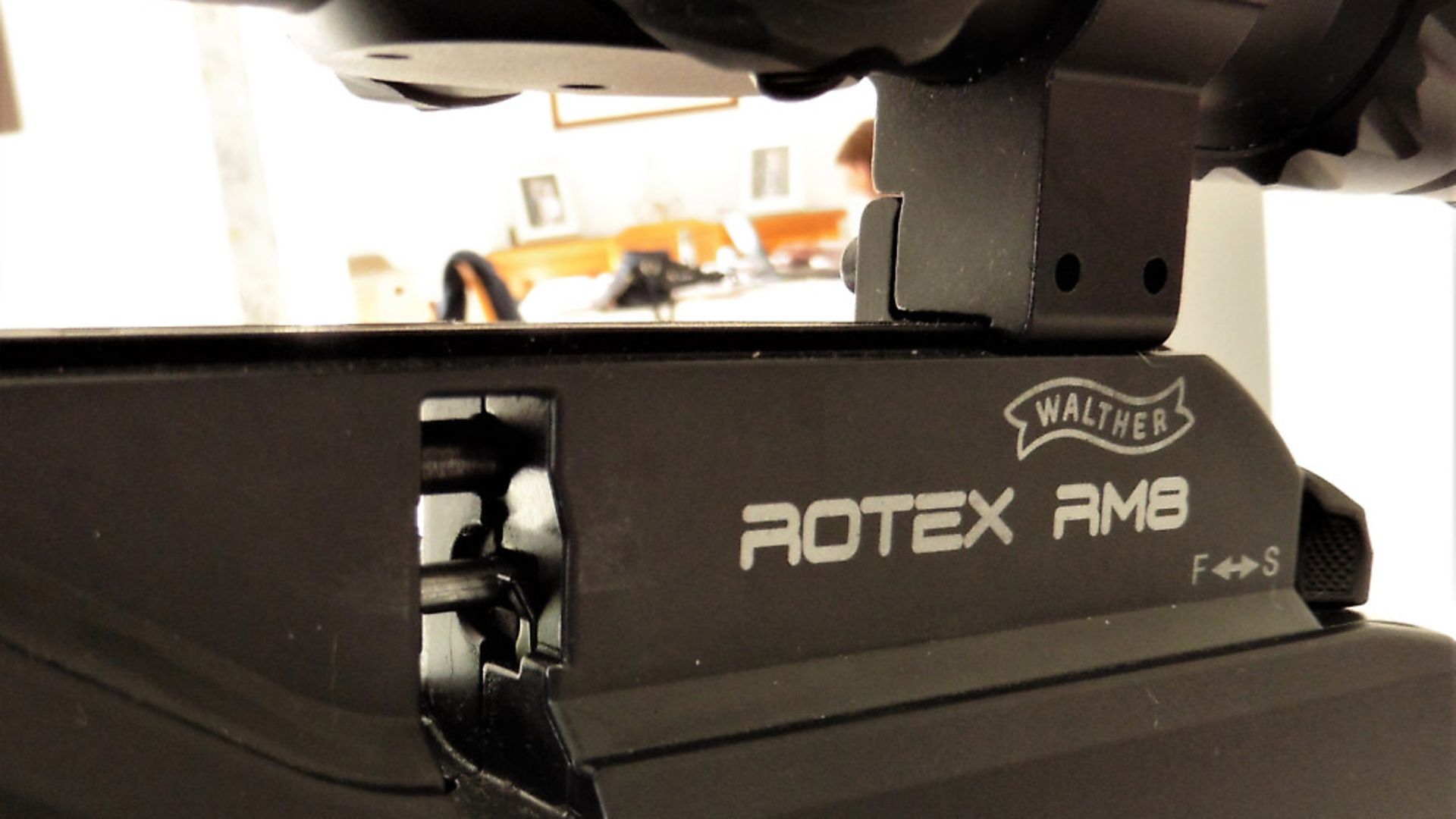
credit: ArchantSINGLE-SHOT LOADERS
The conclusion that many of us arrive at (eventually – in my case!) is that perfect alignment between loader and barrel, meaning pristine and consistent pellet loading is most easily achieved by using a single-pellet loader or tray. There is no fully rotational mechanism to misalign loading, and the feedback we get from loading is pellet resistance only; anything not quite right would become apparent immediately. In this way, we can consistently get the best accuracy from our guns.
There are many single-shot loaders on the market, many of them made by the rifle’s manufacturers. Third-party manufacturers also supply a wide variety of single loaders, some of these clearly made using 3D printers. As usual, my advice is to buy what appears to be the best quality that you can for your rifle. I bought the same model used by a fellow shooter on my last visit to a shooting range. The open and closed positions are held by small, powerful magnets which mitigate against misalignment caused by gradual wear and tear. It feels very well put together and inspires confidence – as did his tiny and consistent groups.
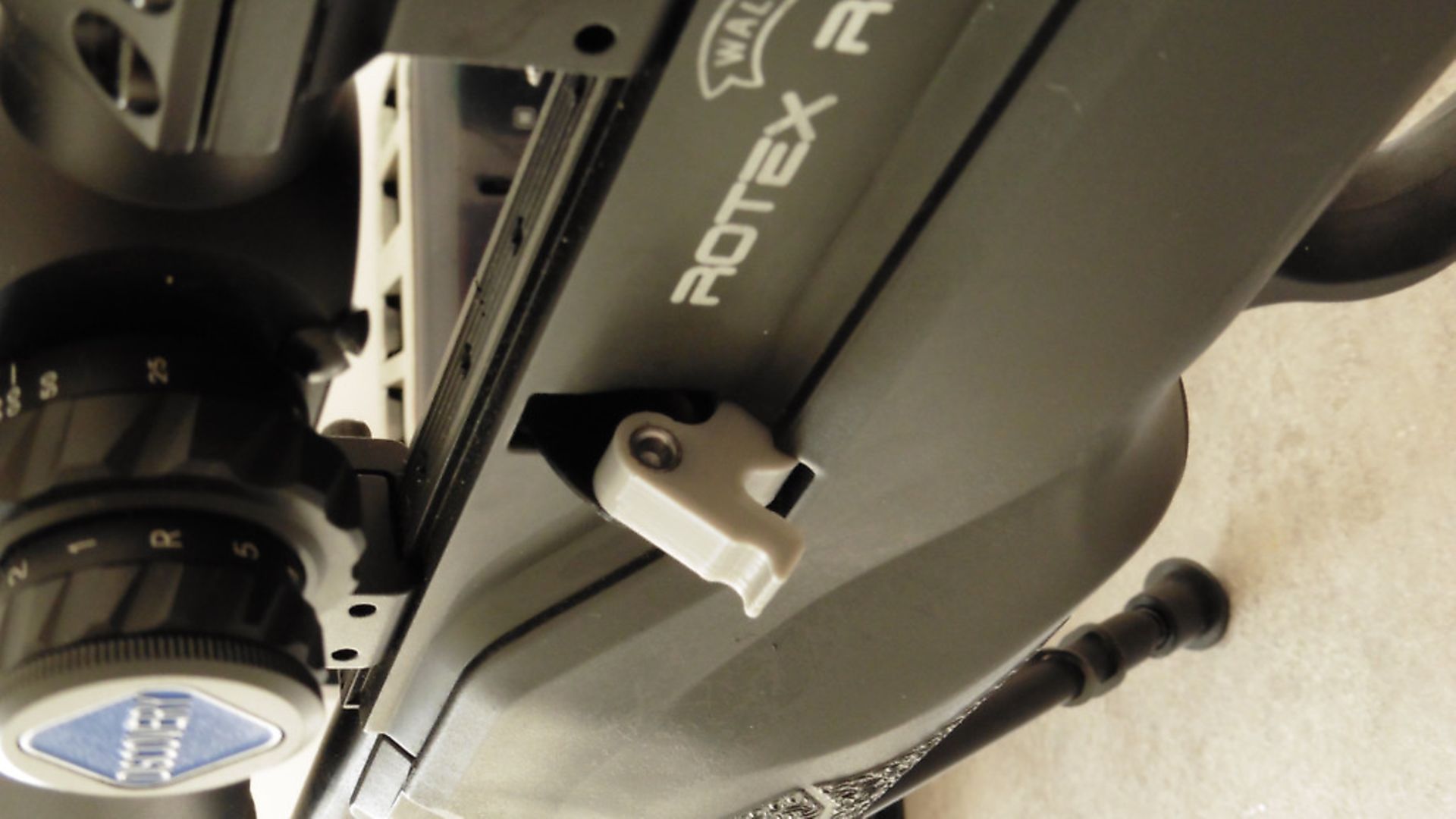
credit: ArchantEND OF THE LINE?
So is this the end of magazines for me? Definitely not. I’ll be checking my magazine rather more carefully, to make sure that it’s clean and working exactly as it should, instead of casually tossing it into the pocket of my gun bag. In this way, I do all that I can to get the best accuracy from it. When I’m out in the field, having immediate access to follow-up shots and not having to fumble through a single-pellet loading cycle after every shot, makes a big difference to the hunting experience. A perfectly functioning magazine is more than up to the accuracy required for all air rifle hunting ranges, but to see what you and your gun can really do, try a single-pellet loader at a shooting range.
As it is, with single- and multi-shot loaders, I think I’ve got the best of both worlds.
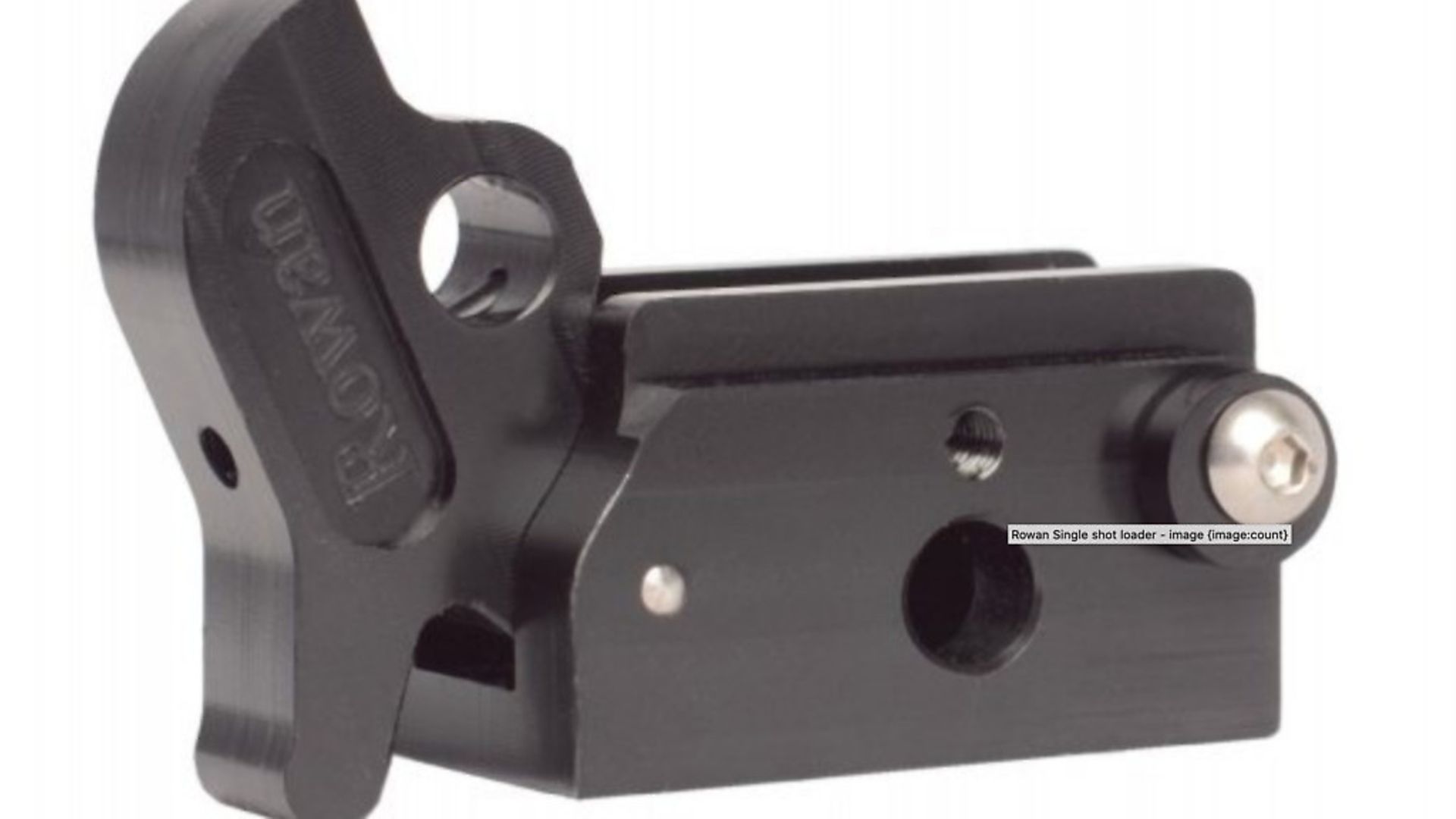
credit: Archant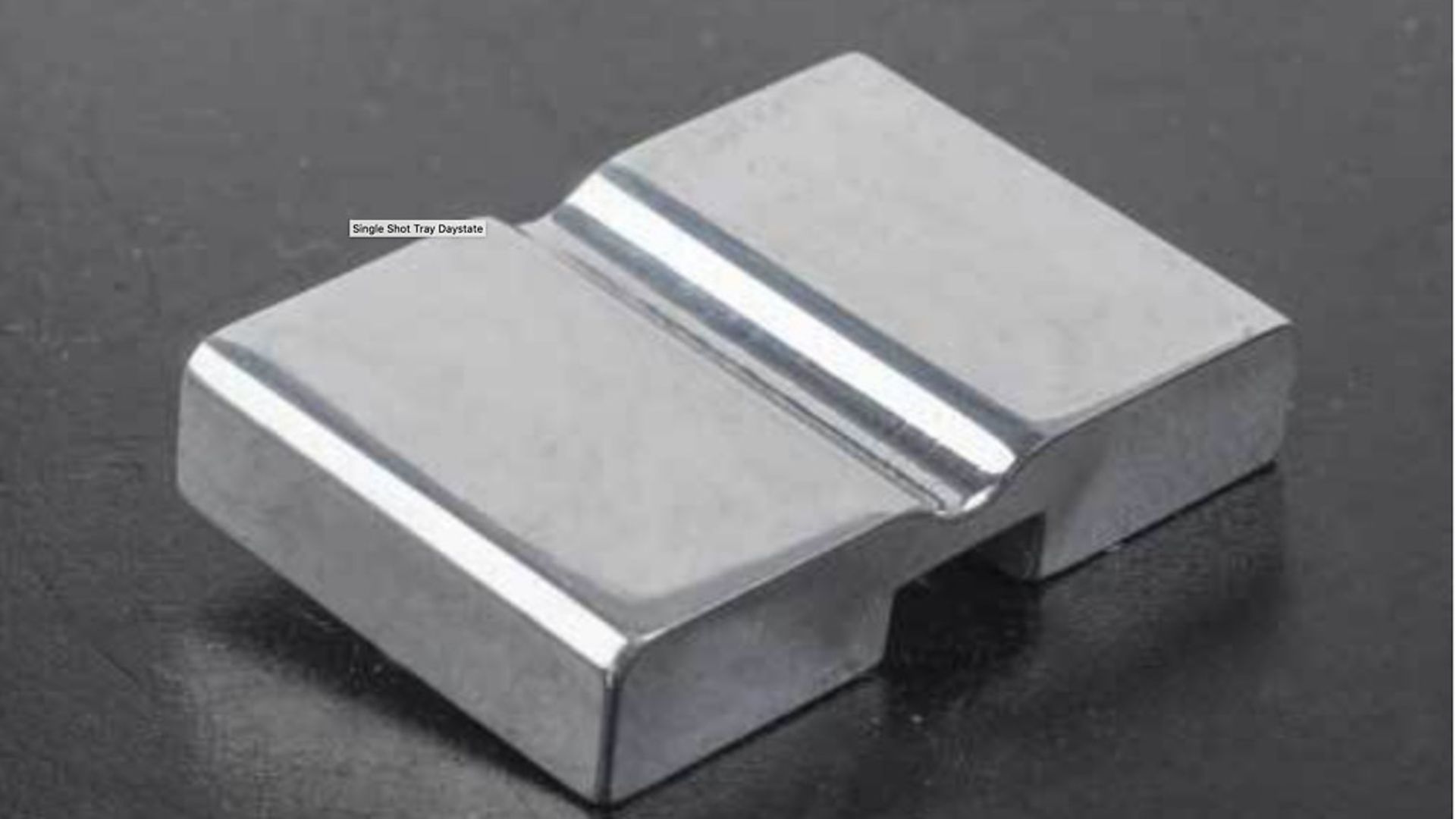
credit: Archant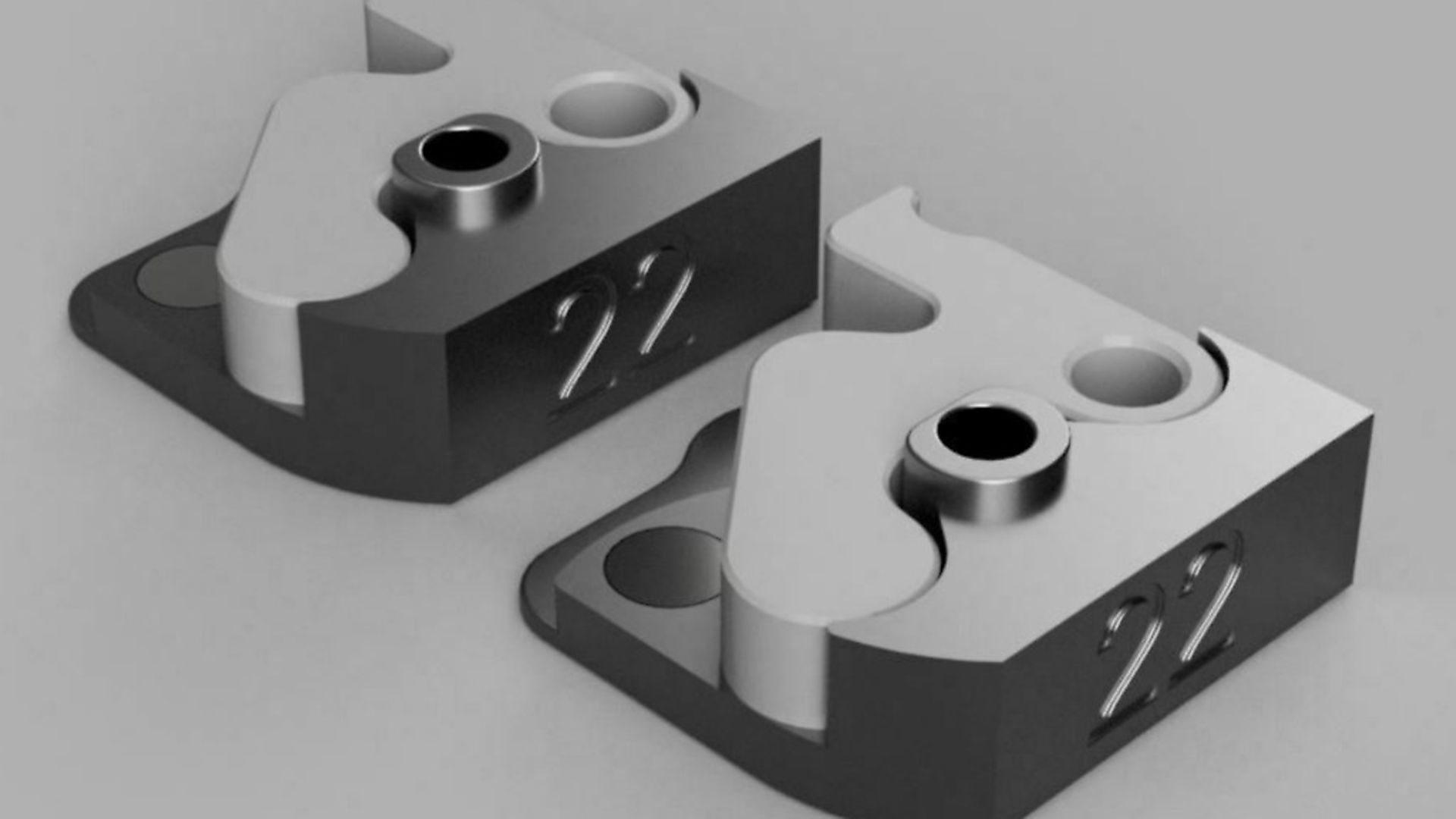
credit: Archant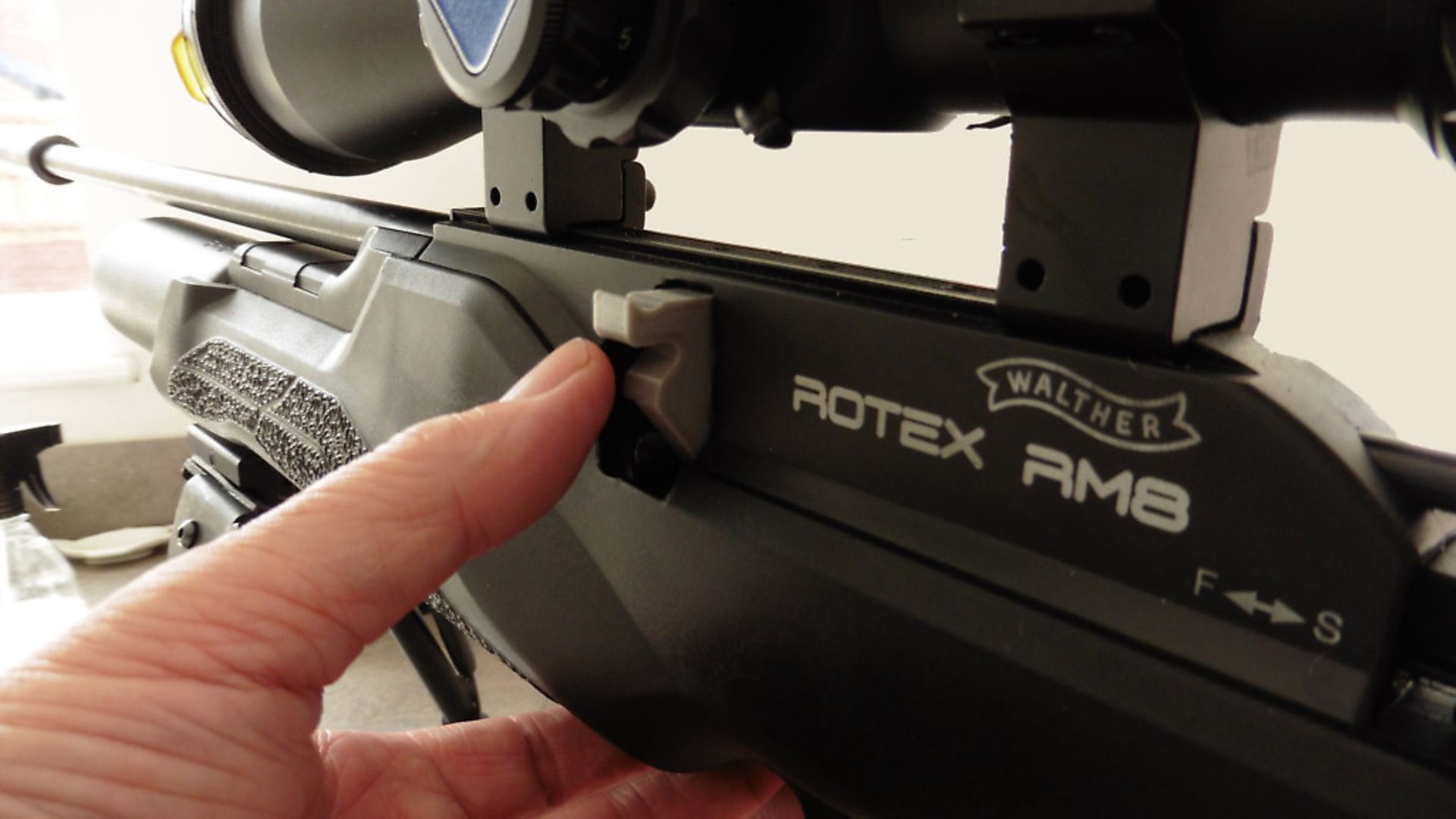
credit: Archant